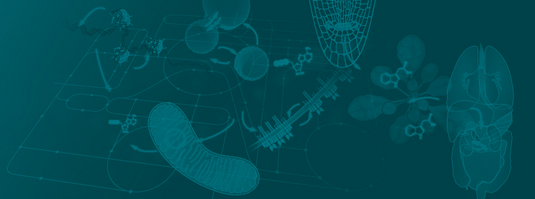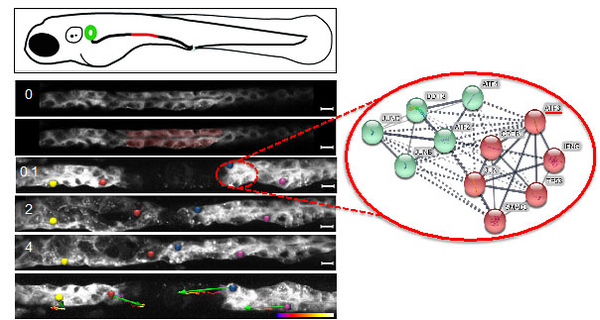Prof. Dr. Gerd Walz (CIBSS-PI), Department of Internal Medicine – Renal Division (University Medical Center Freiburg, Faculty of Medicine)
Mammalian species, and in particular humans, lack the ability of other vertebrates to repair damaged tissues. Regeneration with full recovery of organ function involves canonical signaling pathways and well-established developmental programs, but how these programs are orchestrated across time and scale is insufficiently understood to harness these programs to facilitate repair in mammals.
Transcriptional profiling of the zebrafish embryonal kidney (pronephros) revealed that observations derived from the zebrafish pronephros are highly relevant for the mammalian kidney (T. Yakulov et al., Nat Commun 2018). Using the zebrafish pronephros in combination with single-cell sequencing (collab. D. Grün) and high-resolution video-microscopy (collab. T. Brox, A. Rohrbach) as a model to delineate early events after tissue damage, we identified the activating transcription factor 3 (atf3) as a key component of the repair process, and will now determine how ATF3 and ATF3-associated genes coordinate the repair process in zebrafish and mouse injury models (collab. S. Arnold). Aiming to understand and to manipulate the signaling cascades involved in renal repair and regeneration, we propose to establish a comprehensive list of the components that orchestrate repair responses, and to apply our findings to the mammalian kidney.






